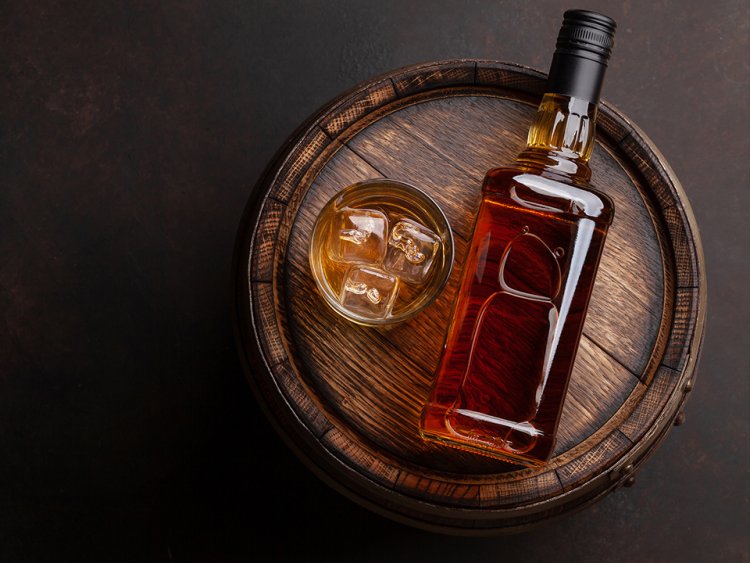How NFTs are Changing Ultra-Premium Spirits Sales
You can't digitize a bottle of alcohol. However, it is possible to digitize documents of authenticity and store this information in digital books. Last month, two beverage companies launched a rare bottle of spirits through BlockBar, the world's first NFT wine and spirits platform for consumers.

NonFungible Token (NFT) is a unique, non-fungible unit of data stored on a blockchain-based digital ledger as it is non-fungible. NFTs can be used to represent anything that is being digitized. Photography, digital art, video, and audio recording are all examples of products sold through NFT. In 2021, NFT market sales are estimated to exceed $20 billion.
You can't digitize a bottle of alcohol. However, it is possible to digitize documents of authenticity and store this information in digital books. Last month, two beverage companies launched a rare bottle of spirits through BlockBar, the world's first NFT wine and spirits platform for consumers.
Last month, William Grant & Sons-owned Scotch whiskey brand Glenfiddich successfully sold 15 bottles of its rare 46-year-old single malt whiskey in seconds. The whiskey lasted 25 years in X-bourbon barrels and 21 years in Armagnac barrels. Successful bidders will receive an NFT with a rotating image/art print of the bottle, which will also serve as authentication and proof of ownership.
Now, Colombian rum maker Dictador Rum has announced that it has entered the NFT alcoholic beverage market since 1976 by launching 10 limited-edition bottles of Dictador Generations through BlockBar. One of the oldest Romans in history. Each rum is packaged in a Lalique carafe with a personalized offer, giving consumers the opportunity to experience the Colombian brand inside and out.
According to Marek Szoldrowski, Chairman of Dictador Europe, Dictador Generations en Lalique is a unique product and project in Dictador history. The knowledge of generations of the Parr family has been transformed into a unique liquid surrounded by charming crystals created by Lalique.
Along with a bottle of precious rum, the set includes: Personalized exhibitors that open with fingerprints and feature professional lighting highlighting the beauty of the decanter, a bottle design sketch signed by Lalique's lead designer Marc Larmino, and an album titled "How was it done?" Both were signed by Hernan Parra and Marc Larmino.
NFT shoppers will also be invited to a private dinner for two with blender Hernan Parra for the first time ever, a custom-designed tasting of the finest spirits from the private Parra family. collection. A visit to a distillery in Cartagena, a city tour for two, and accommodation in the 5-star Cartagena de Indias in Colombia are also part of the offer.
NFT buyers can resell, transfer, or exchange for real bottles at any time through the BlockBar platform. BlockBar is also responsible for storing bottles and delivering them to customers upon request.
10 sets of Dictador Generations en Lalique and private dinner and tastings are available on a first-come, first-served basis on 9 November 2021. Each bottle is sold for $25,000 and can be purchased at BlockBar with Ethereum (ETH) or a credit card.
Within hours of the sale, the NFT traded for $36,000. BlockBar is the world's leading NFT beverage marketplace. It connects consumers and collectors with fine wines and spirits, providing an opportunity to exchange NFTs for unique physical wines and spirits.
The company was founded by the Falic Group, the owner of Duty-Free Americas, America's largest duty-free retailer. They are also the founders of Paneco, the largest alcoholic beverage e-commerce platform in Israel and Singapore.
I recently sat down with Dov Falich to see how the NFT market will transform the sale of fine wines and spirits to consumers, collectors and investors.
We store bottles that are certified and verified by our brand owners, and the NFT must be “burned” by the buyer in order for the bottles to be delivered.
Once the product is shipped, BlockBar's warranty of authenticity ends because it no longer controls the physical assets and the customer is in the same location as the purchase at the traditional retail store. Customers may have NFT versions of bottles or real physical assets, but not both.







